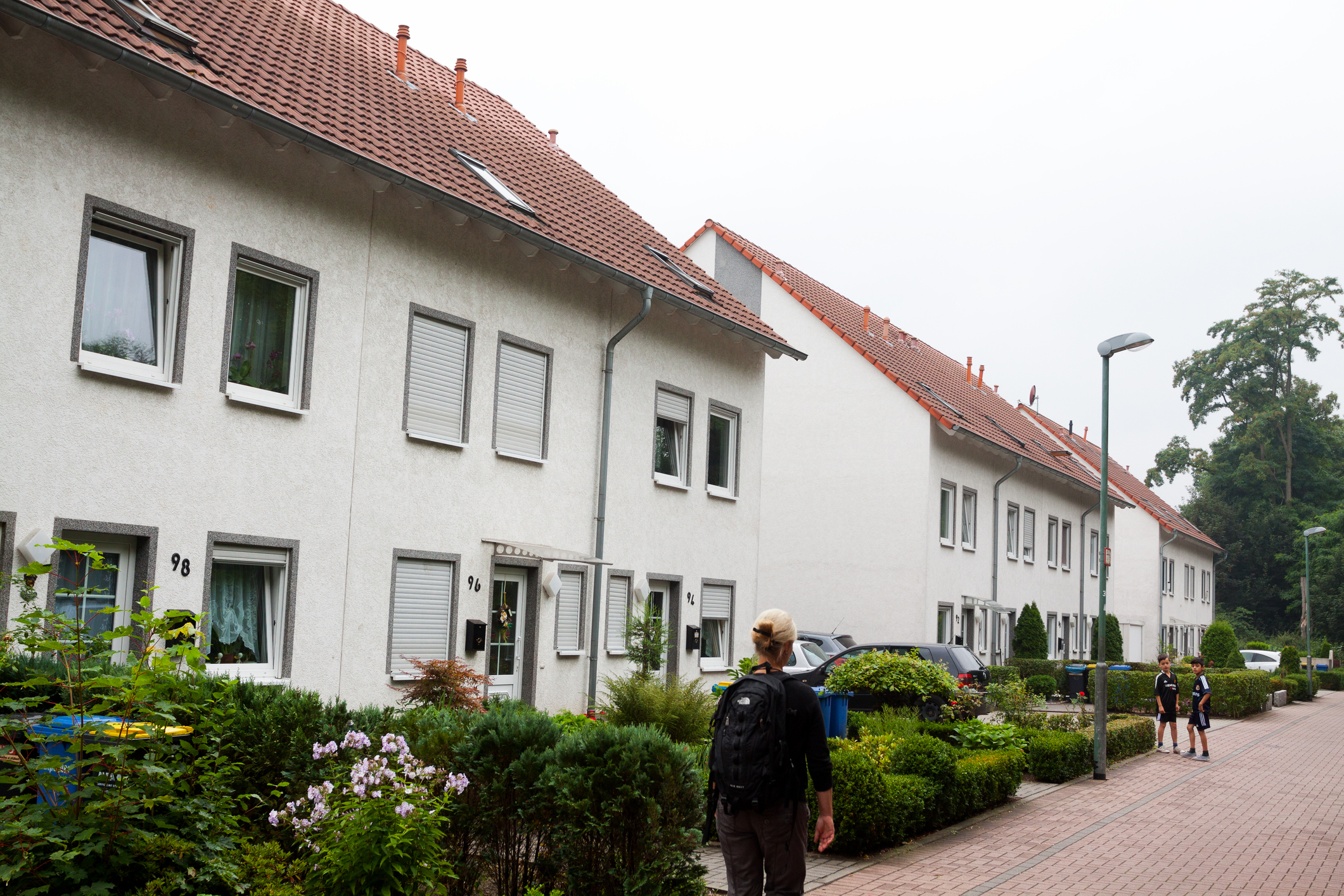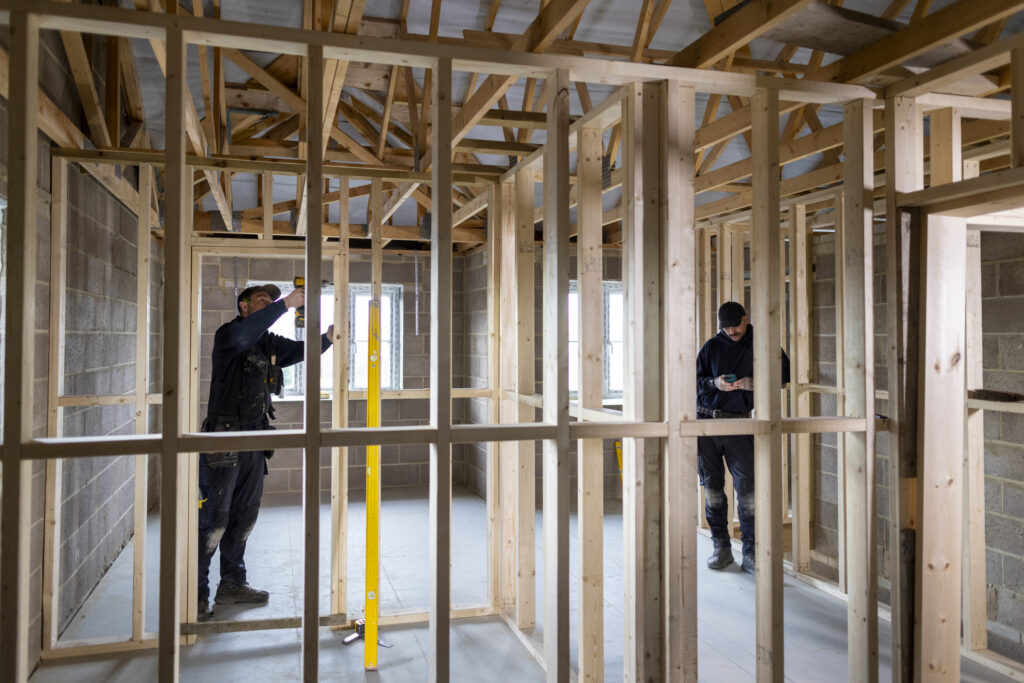
A CEO’s perspective: using loan finance to build sustainability
Faith Hope and Enterprise delivers housing and individually tailored support to 34 people experiencing homelessness around the Derby area. Loans totalling £136,500 from Charity Bank have enabled the charity to purchase two houses.
Kevin Gill, CEO, speaks to us here about the decision to purchase property and the experience of working with Charity Bank.
What made you decide to move from leasing to owning property?
We’d been thinking about it for quite some time but hadn’t until recently been in the right position. It felt like we had been in firefighting mode for a while but once we’d gotten to a place where we had reserves and a strong financial model, it made sense to start planning for the future in this way. It offers longer-term security for us and our residents while simultaneously freeing up money we would have spent on renting for more beneficial purposes instead.
Could you have bought without loan finance?
No, we don’t have those kind of reserves. If we hadn’t been able to secure a loan, we wouldn’t have given up trying to find a way, but I imagine it would have proved a lot more difficult – if not impossible.
Why did you choose Charity Bank for this loan?
I’d actually met Peter Hughes, who ended up being our manager, at a funding event once and we’d had a really good conversation. So when the financial broker we consulted brought us a really great offer from Charity Bank, it felt like a no-brainer. Of course, it was also pretty essential for us to work with a lender who understood the sector and what we do. We’ve found that commercial banks are really nervous of us.
Did you have any concerns about taking out the loan?
Not really to be honest. I’m no accountant, but when I looked at our numbers and the deal from Charity Bank, it just made so much sense to go ahead with the loan and buy the properties.
How did you find the process of applying for the loan?
There is a lot of paperwork involved and that really isn’t my strength unfortunately! But Charity Bank were so helpful and really went above and beyond to support me in getting everything done.
Peter just gets it, he’s brilliant. With other organisations, where you have to speak to someone different every time, you don’t get that level of personalised interaction and it can make things difficult. Nurturing individual connections is what we do here at Faith Hope and Enterprise; that’s how I prefer to work and that’s how Charity Bank works too.
What guidance would you give to other charities who are thinking of taking out a loan?
Make sure you’re really confident in your financial model and that everything is clear. When I presented our projections to Charity Bank, it obviously went through an assessment but they didn’t need to come back with loads of questions or amendments. With us being thorough and confident in ourselves allowed Charity Bank to be confident in us as well and helped move things forward more easily.
What’s next for Faith Hope and Enterprise?
Ultimately, we’d like to own all our properties. We’re already planning to buy two more this year, one that we already lease and one new one. We don’t want to get too big though so it’s not about expanding really; I would say that we probably wouldn’t want to go above 50 residents. What we do is very much about providing that personal connection and building relationships. We wouldn’t want to risk losing that among policies and rules.
About Charity Bank
Charity Bank is the loans and savings bank owned by and committed to supporting the social sector. Since 2002, we have used our savers’ money to make more than 1380 loans totalling over £580m to housing, education, social care, community and other social purpose organisations.
Nothing in this article constitutes an invitation to engage in investment activity nor is it advice or a recommendation and professional advice should be taken before any course of action is pursued.


